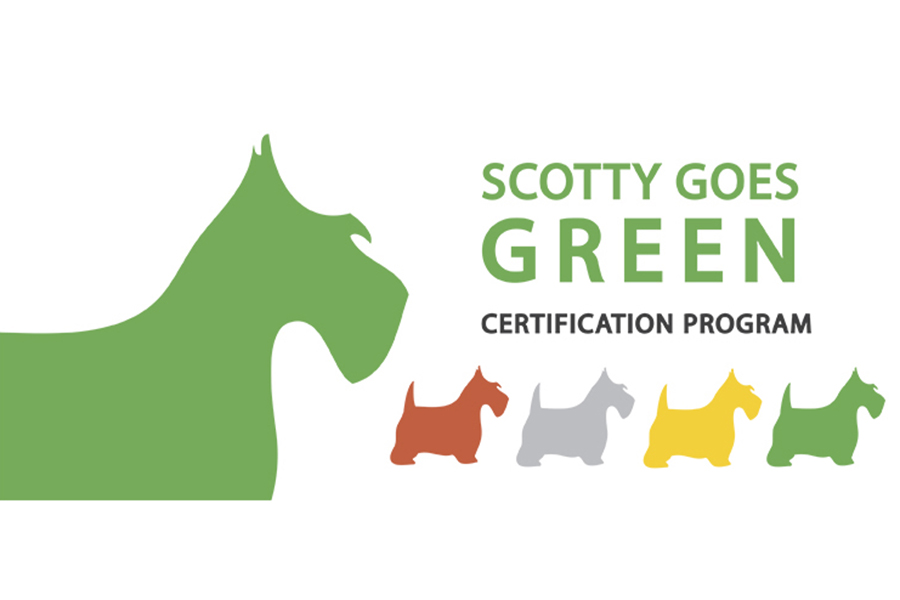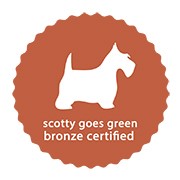
Scotty Goes Green: Children’s School Achieves Bronze Certification
Children’s School Achieves Bronze Certification
The Scotty Goes Green program engages Carnegie Mellon faculty and staff in an initiative that promotes a high standard for environmental practices at Carnegie Mellon. The program supports and promotes offices that are taking steps toward reducing their environmental footprint.
 The goals of the program are to:
The goals of the program are to:
- Engage CMU faculty and staff in activities that will help to make CMU a leader in campus sustainability,
- Recognize and reward leadership in sustainability,
- Educate participants about how and why to take action,
- Support the Pittsburgh Climate Action Plan,
- Further integrate sustainability into campus culture,
- Conserve water, save energy, minimize waste and save money,
- Promote campus policies that support sustainability.
A series of checklists and tools are provided as a guide through three levels of certification: Bronze, Silver and Gold. The program operates through a network of Scotty Goes Green Representatives in workplaces across campus. The Children’s School is proud to announce that we have achieved Bronze status! Special thanks to our Green Team, which is comprised of Miss Hancock, Mrs. Johnson, Ms. O’Neill and Mrs. Yetter, for volunteering their time toward this effort.
If your family would like to work toward being more “green”, you can use the Scotties Leave Small Footprints form included with this newsletter to make some commitments to small changes that can have a big impact on the environment. While this form is designed for individuals on the CMU campus, you can amend it to work for your home. Also, visit the CMU Environment website for more Sustainability Resources.
Our Whole School Unit about Planet Earth will begin in February, so thinking about your family’s “green practices” is good preparation!
- Save energy by turning off lights and other electronics when they are not in use, as well as switching to LED bulbs and using your microwave instead of oven.
- Reduce, reuse, and recycle. Fix items instead of throwing them away and buying new. Choose reusable drink containers and storage options so you can use less plastic. Recycle everything.
- For food, avoid waste and try composting to enrich your gardens.
- Choose natural and more organic cleaning and personal care products, many of which are also sold in recyclable containers.




